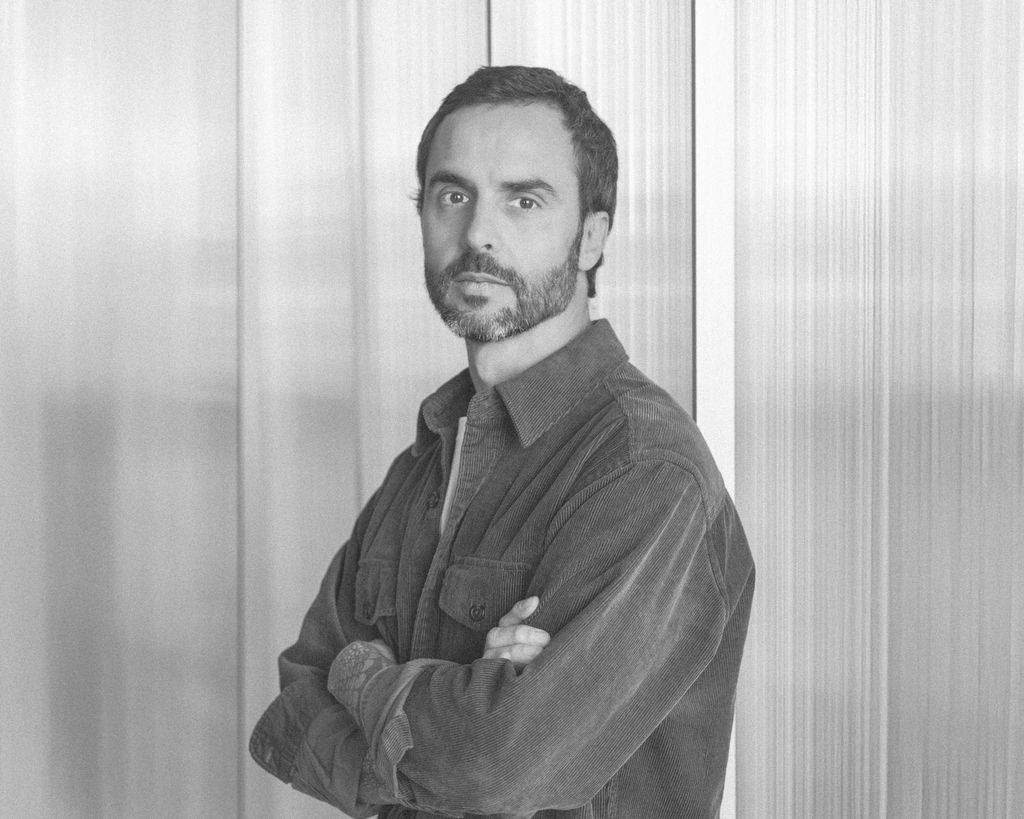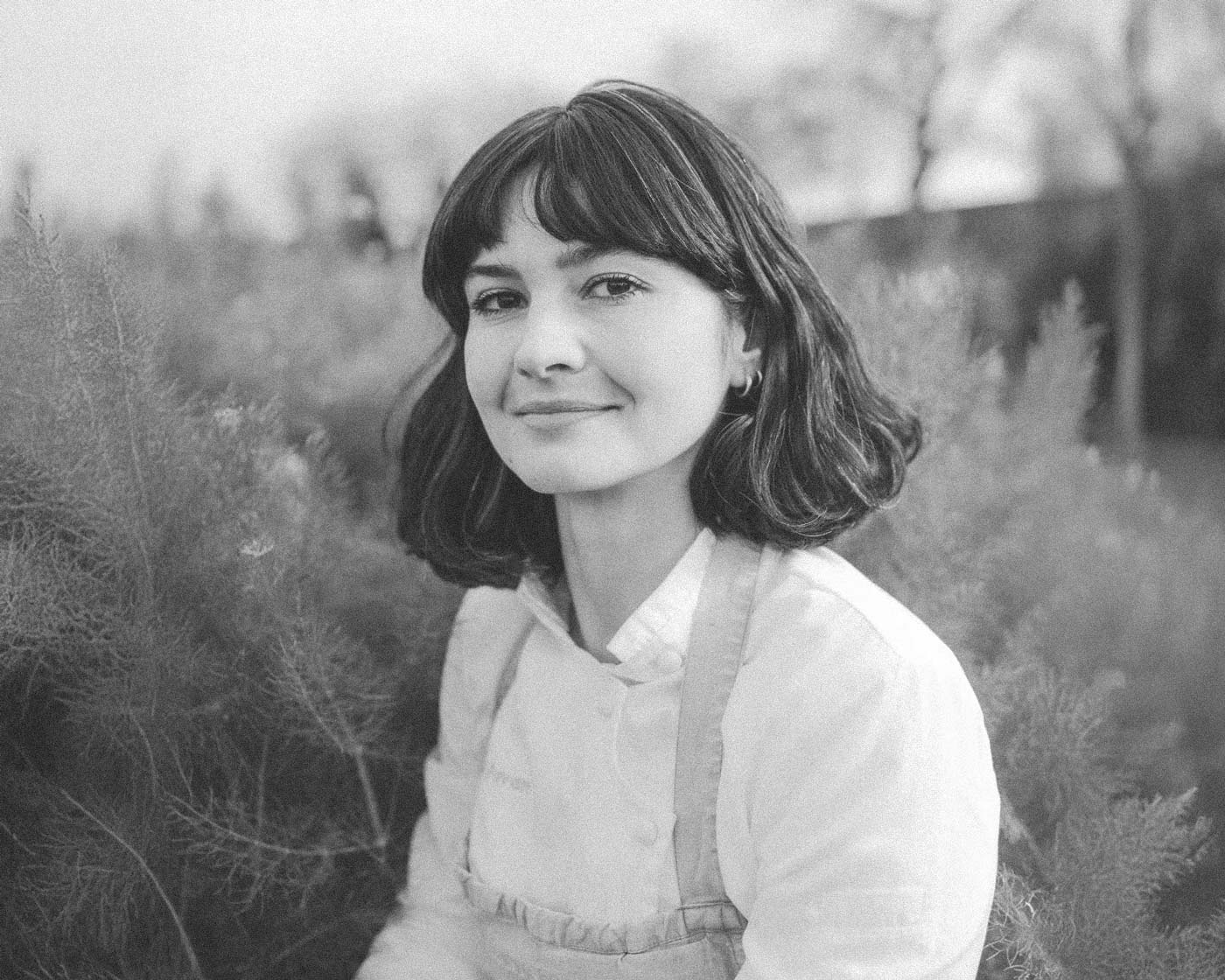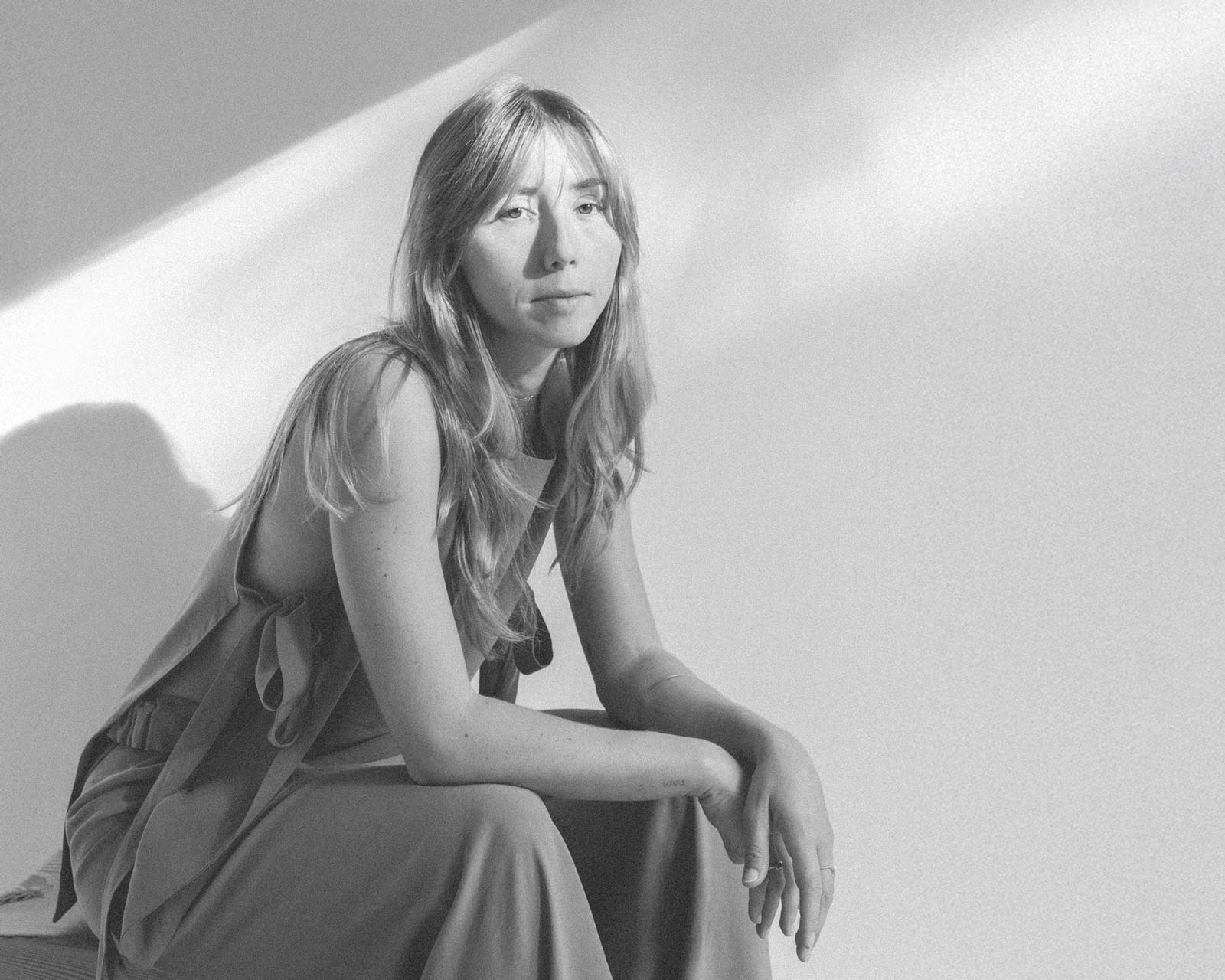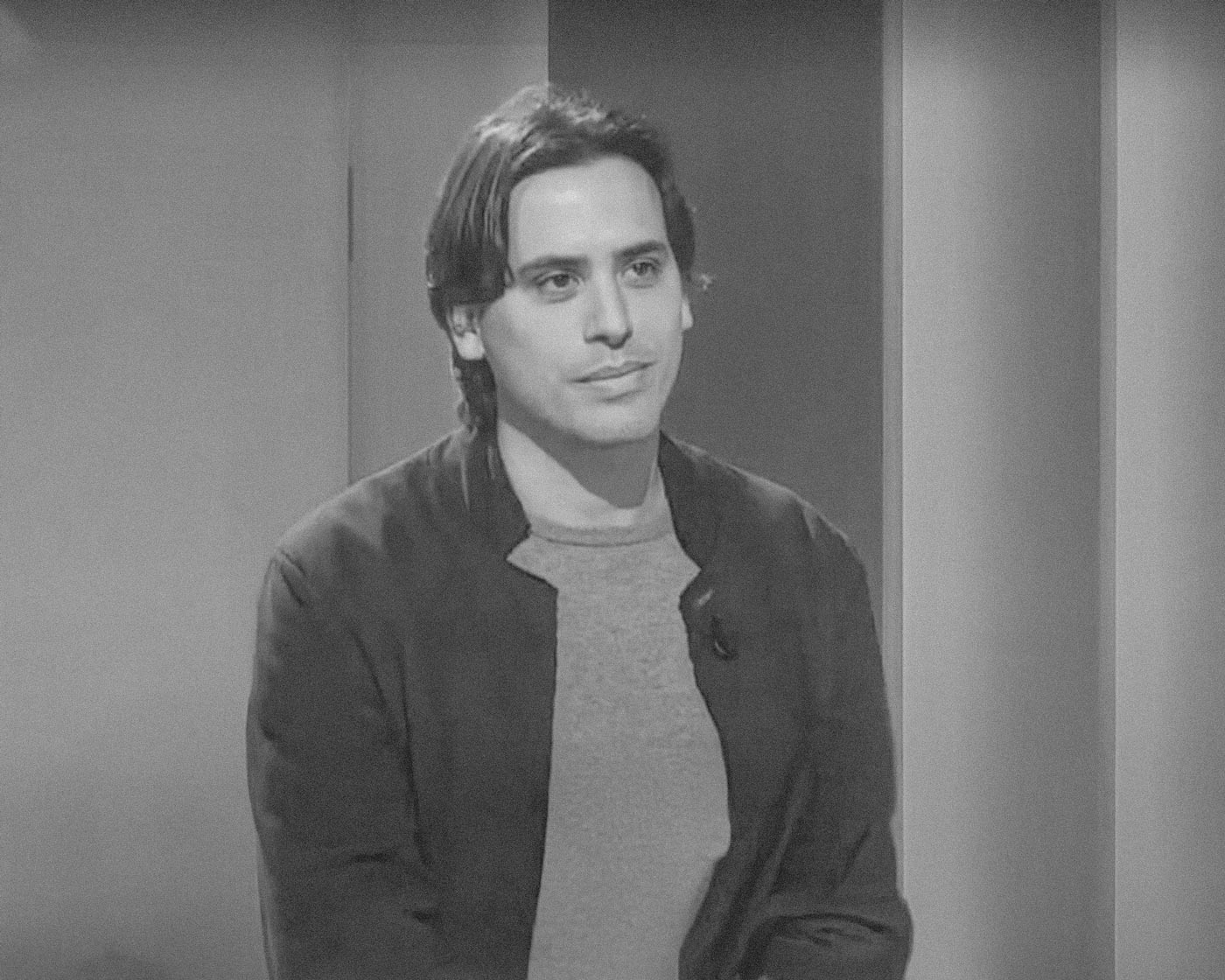While speaking with us, Ilaria Maria Sala is at the Hong Kong Textile Museum. The images she shares there reflect her story about herself, her craft, and this city she has chosen to live in and write about. To this day, “it remains the most cosmopolitan city in Asia, where you can keep a broad perspective without sinking in its complexity”. Hong Kong is a peninsula made up of many islands, where everything shifts at whirlwind speed. And where weaving the thread among a plurality of languages, faces, and landscapes becomes a story without an end.
REMIDA meets Ilaria Maria Sala
L: When did your passion for writing begin?
I: I can hardly remember! I think I wanted to write even before I knew how to do it. Ever since I was a little kid, around three or four.
L: On Instagram you describe yourself as a writer, but also as a ceramicist. What connects those two activities?
I: Ceramics is a way to express yourself without words. I chose it for geographical reasons – here, it carries undeniable historical, artistic, and even commercial weight – but also because it’s a forgiving medium. Isamu Noguchi said that marble resists you, iron has its own opinion, while clay lets you do anything. I have no macho ambitions, so I appreciate it for just that reason. It taught me to let go of perfectionism, to care a little less about outcomes: ceramics are fragile, even when you’ve done everything right.
L: It’s definitely a practice of patience, much like writing. And speaking of your book “The Eclipse of Hong Kong”: what was your editorial experience like?
I: The idea was born between 2019 and 2020, when the national security law was introduced, sparking protests and drawing a clear before-and-after in Hong Kong’s political fabric. The challenge was to capture both ruptures and continuities – those elements that make a place that very place: language, culture, religion, daily habits. Hong Kong is a relatively small city – seven million people – but far more layered and complex than we imagine. Those who arrived here from China or the former British Empire brought their own stories. And for anyone who loves stories, Hong Kong is just the place to be.
L: If you had to distill Hong Kong’s character, how would you describe it?
I: Nostalgia, on one hand. Determination, on the other: it’s a city of refugees, driven by both the desire to improve their situation and the belief it’s possible, through their willpower. And with a strong energy: when you leave behind what you know, you have to open yourself to what you find.
L: What do you mean by “nostalgia” in this context?
I: It’s an identity component, born of the city’s daily, unpredictable changes – different from the kind of change that’s natural in any metropolis. I know people who photograph Hong Kong obsessively to preserve its aesthetic memory, since there’s always the risk that symbolic elements might suddenly be erased or transformed. On one side, massive waves of migration have required making room for millions of newcomers, rebuilding entire neighborhoods from scratch. On the other, familiar objects can vanish overnight due to the strong influence of industries in such a capitalist city – for example when a company moves its production to China. Or when the government intervenes in urban policy, dismantling iconic structures like the typical bamboo scaffoldings, or shutting down places where collective memory takes root. It’s the case of the old Star Ferry pier, where an entire generation went to take their wedding photos. It’s the nostalgia for something you took for granted, that hits you like a shock and leads you to feel a lack of determination in your own life.
L: So what is the role of language in mediating and “processing” a culture?
I: Here, most people speak Cantonese, Mandarin, and a bit of English. In China, for instance, this complexity is suppressed in the name of a single functional language: it’s easy to believe only Mandarin exists – though it was invented and imposed by the government – while everything else is reduced to a mere dialect. That’s how today’s Beijing labels Cantonese, even though it’s older and spoken by eighty million people. Ancient Chinese poetry rhymes in Cantonese, not in Mandarin. I don’t buy into this hierarchy of languages, and Hong Kong teaches you to value them all.
L: Does language feel more like a bridge or a barrier to you?
I: A bridge, without a doubt. For example, I had stopped enjoying Mandarin, but a good conversation helped me rediscover it.
L: An archipelago, then, rather than an island.
I: Exactly, just like Hong Kong. Language holds a therapeutic power for me: in the toughest moments of my life, I’ve always thrown myself into learning a new language. During COVID, my work trip to Sweden was cancelled – and that’s why I began to learn Swedish.
L: And when you dream, in which language do you speak?
I: I couldn’t say – I’m asleep, after all. But I think I dream much as I live: in every language I have at hand.
And you, what language do you dream (in)? Tell us at supernova@remidastudio.com.




